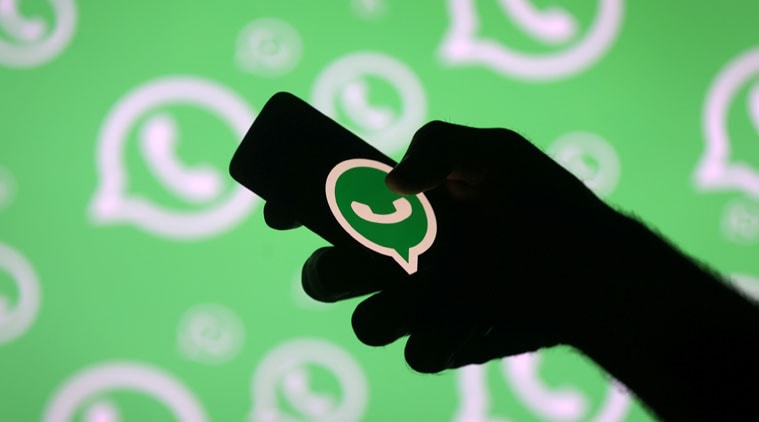
With the routine use of WhatsApp groups to send out party-related content, a new product feature timed just over a week before Lok Sabha 2019 elections may not make the intended dent into political messaging on the platform.
Starting for some today (and for everyone in a couple of weeks), WhatsApp users can choose “Nobody”, “My Contacts”, or “Everyone” to indicate who can automatically add them to groups. Anyone outside of the chosen categories will need to send the user a group invite link rather than automatically adding them. Yesterday, the company also introduced a tipline run by media startup PROTO, who will create a database to crosscheck potential misinformation.
“WhatsApp is committed to helping do our part to be a force for good in India and help address the complex challenges posed by misinformation. In particular, this research effort will help understand the kinds of misinformation shared during the election period and help some users receive verified information,” a spokesperson told the Indian Express.
But social media heads in the parties say the changes are too little too late to create an impact before the elections.
“We have been proactive so, as far as communicating with the masses, we already have our WhatsApp groups in place,” said BJP’s Western UP social media convener Harsh Chaturvedi.
A member from the Congress party said that the group privacy change was welcome, but said the tip line would probably be rendered useless.
“They are not promising to stop the abuse and misinformation. They are just trying to show that they are doing something,” the Congress member said.
WhatsApp says that 75 per cent of users in India are in groups, and roughly 250 million of the platform’s 1.5 billion monthly active users are from India. The company has repeatedly reiterated that the platform is “designed for private messaging” and has instituted sporadic product updates over the past two years to dissuade public messaging on the platform.
The company came under heat for a spate of lynchings across the country linked to WhatsApp rumours last summer, leading to tense exchanges with the IT Ministry and a proposed law that would make the platform remove encryption.
Small and big-level digital marketers have told the Indian Express that they have easy access to large databases of phone numbers (procured from vendors who collect them from SIM card shops) mapped at the constituency-level. They can use these databases to automatically add potential voters into WhatsApp groups for political messaging.
“We have got the most filtered data,” one strategist said. “We have no dead numbers and we have a reach in the Hindi belt states almost double than any other leading company.”
At a February media briefing in Delhi, technology policy professional Prasanto Roy asked WhatsApp executives about efforts against repeated and pestering group invites. WhatsApp engineer Matt Jones responded by citing a product change from last year that stopped people from automatically re-adding users to groups they have already exited.
The group privacy setting comes along a string of iterative product changes the company has made. Over the past year, the Facebook-owned company has experienced significant change in monetization and management after co-founders left the company purportedly due to disagreements about privacy with their parent company.
Roy said that while this change may hinder corporate marketing and advertising spam, it won’t affect the political usage of WhatsApp groups.
“In the hundreds of thousands of political groups, those are people who want to be there,” he said. Giving more consent to the user to join groups “is not going to make a difference on the political side.”
“Anyway people would automatically exit a WhatsApp group if they don’t want to be in it. I don’t think this will make much of a difference to political campaigning. Nothing more than two to five per cent,” said a senior official at the political campaign management group Indian Political Action Committee (I-PAC).
When WhatsApp instituted a forward limit and forward label in January, digital strategists working with the parties both internally and externally gave mixed reviews to the Indian Express. Most of those within the political parties admitted that the change required them to acquire international SIM cards, use multiple phones, and change automatic spamming software.
Most significantly, the parties ramped up a process that was already heavily underway: booth-level volunteer networks instructed to spread party content by integrating into non-political WhatsApp groups.
Some said that, because of the work-arounds, those changes were a “face-saver for WhatsApp.” “The real issues of accountability are in governing group behavior. WhatsApp groups are the most dangerous product they have today,” said a digital marketer who works with political parties.